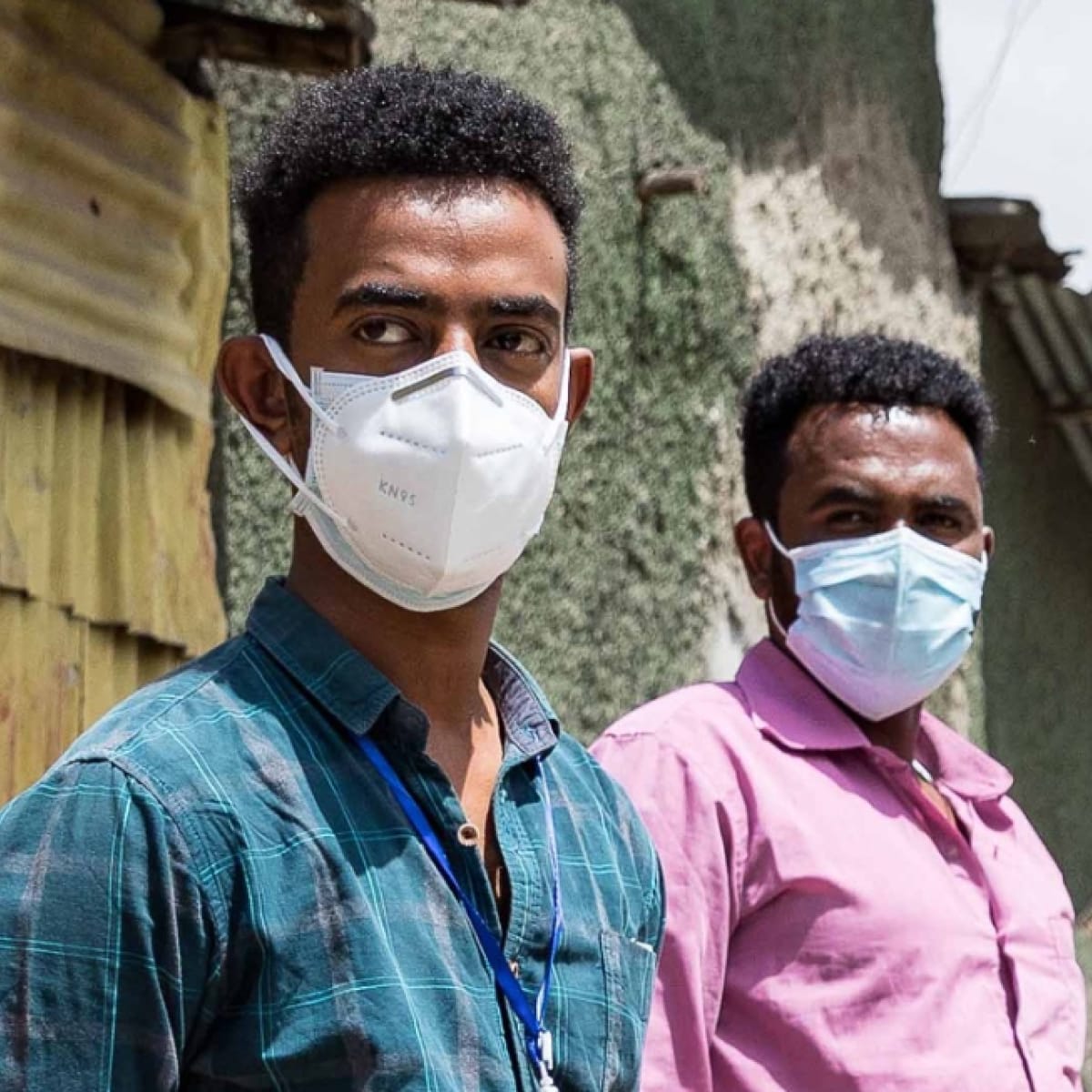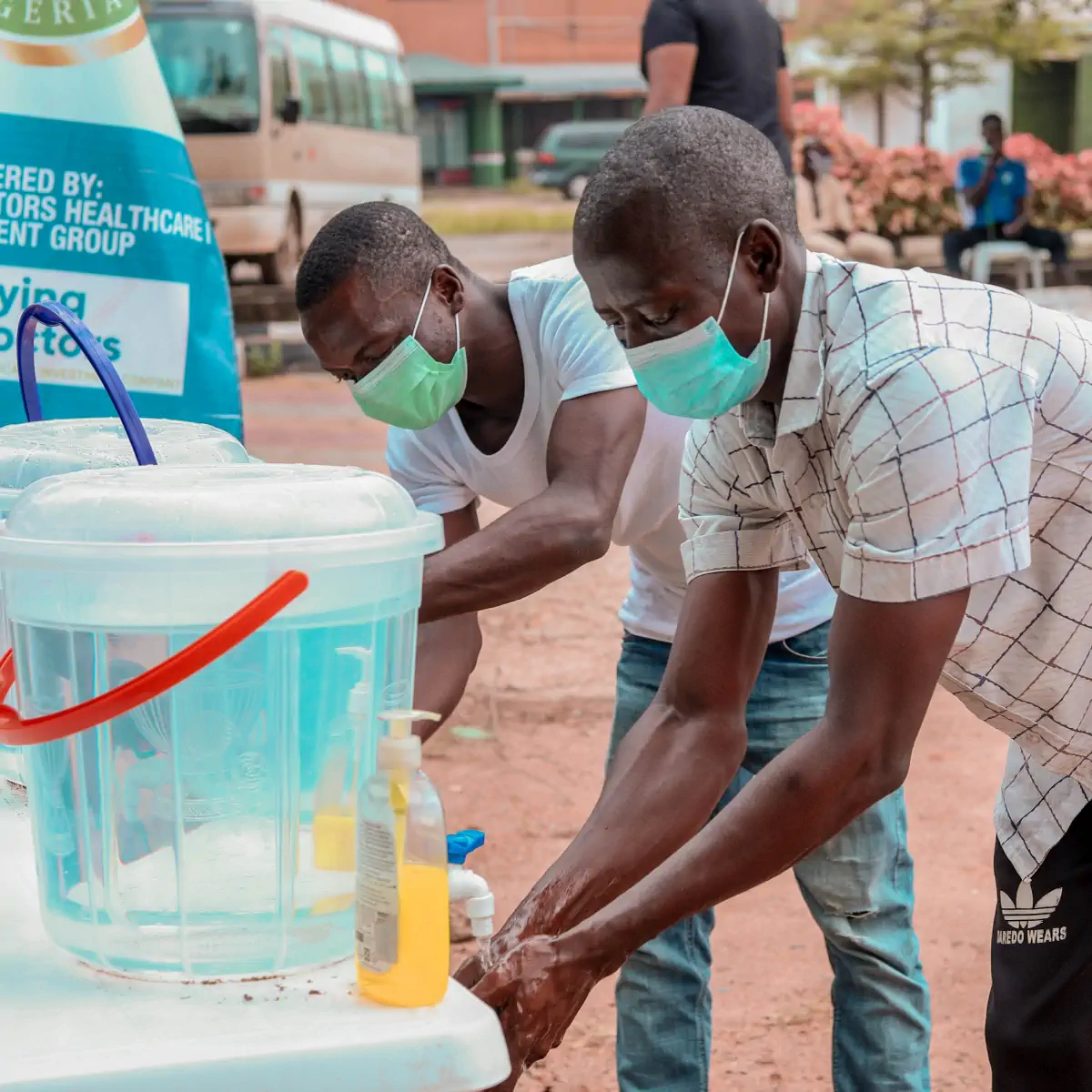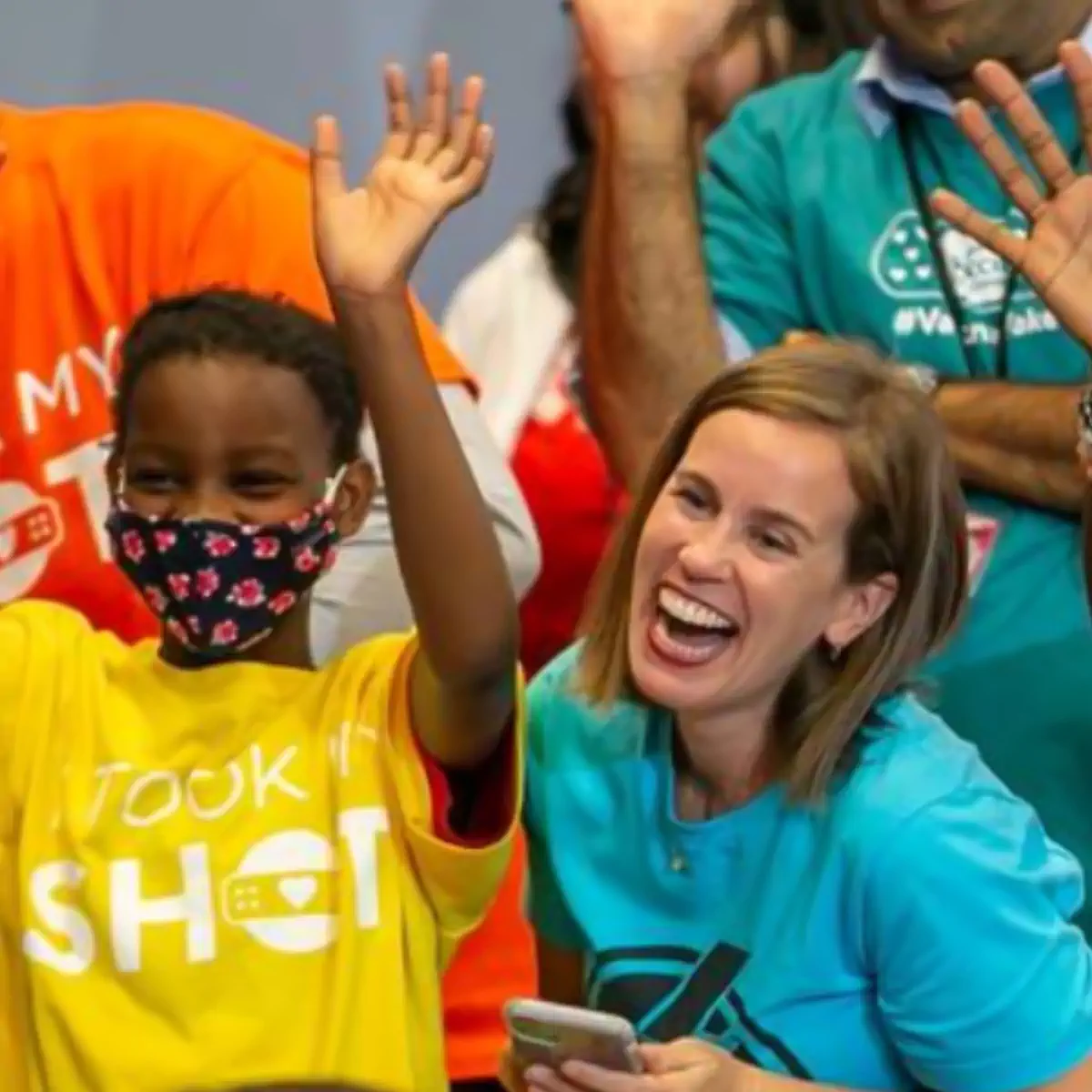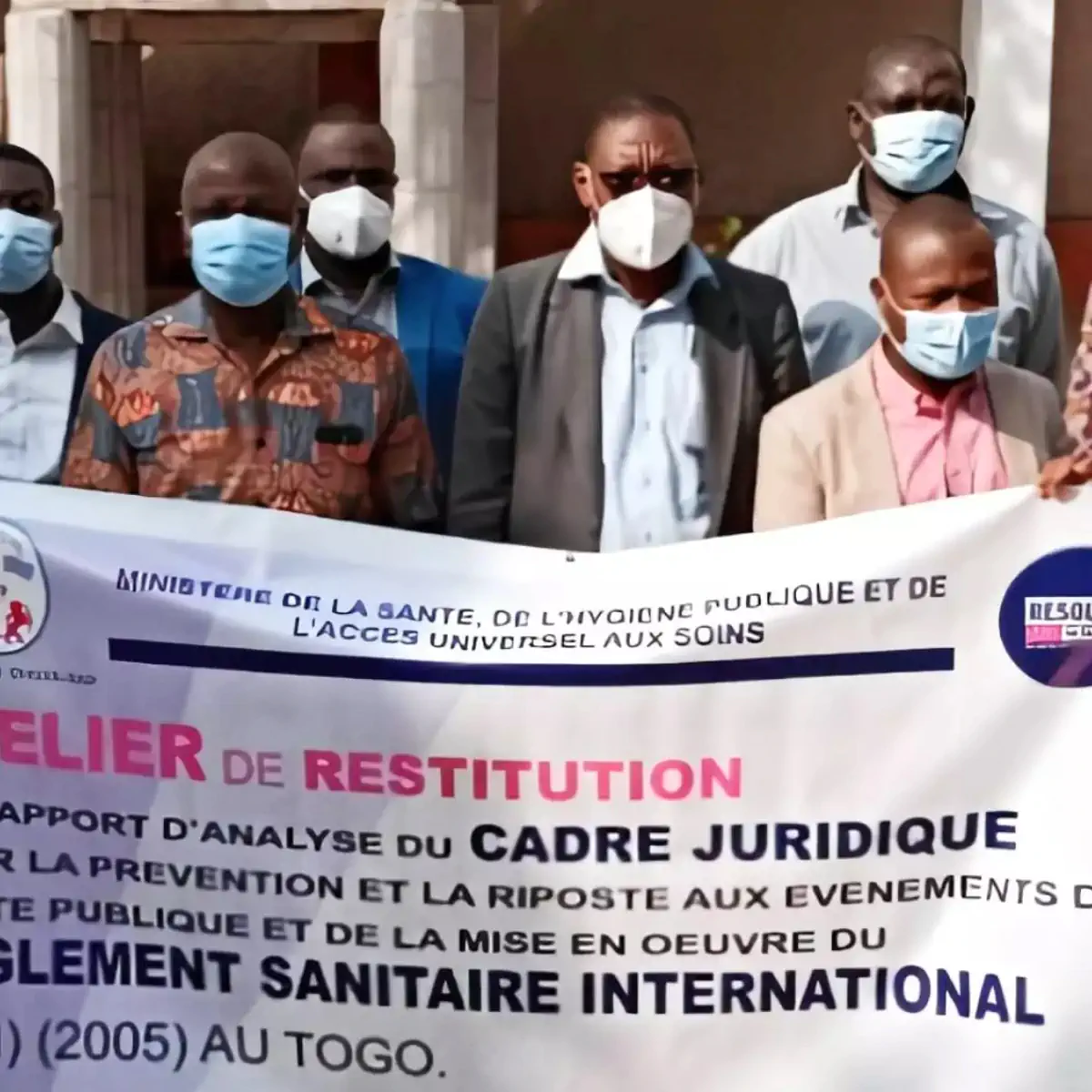Download All Country Data
RTSL COVID-19 RESPONSE INTERVENTIONS
We supported COVID-19 interventions in 60 countries including the United States, with a focus on Africa.
Our focus areas
Expert guidance
Our experts analyzed up-to-the-minute scientific information, synthesizing new evidence into actionable insights. We provided hundreds of technical resources and tools to decision-makers around the world, including guidance for reopening schools, a COVID-19 Response Playbook and an Alert-Level system to help policymakers navigate COVID-19 Risk.

Partnerships
We placed experts in global, regional and national organizations to strategically guide US $45 billion in COVID-19 investments and accelerate progress in finding, stopping and preventing epidemics.
The Partnership for Evidence-based Response to COVID-19 (PERC) worked to reduce the impact of COVID-19 on the African Union with country-level situational analyses, in-depth issue briefs and regional trend reports, alongside an interactive dashboard for decision-makers.

Protecting health care workers
Our team funded and guided local partners in training and protecting more than 40,000 health care workers across 8,400 health centers in 22 countries, screening 5.8 million patients for COVID-19 and enabling safer and better-quality care for more than 122 million people. Our team continues to build on the program by working with global partners to build momentum to ensure that the safety of health care workers remains a priority issue in epidemic preparedness.
We also worked to advance global policy protecting health care workers by releasing a landmark report that outlines the risks faced by health care workers during disease outbreaks and recommends policies to keep them safe.

Enhanced testing and laboratory systems
We supported country-led initiatives to strengthen laboratory networks in 12 countries with a combined population of more than 600 million people — enabling faster and more reliable testing for COVID-19 and other infections.

Rapid response grants
We provided more than $7,000,000 to support 23 countries to rapidly detect and control outbreaks and ‘box in’ the virus. This support has been instrumental in filling gaps in emergency response funding from much larger donors, quickly adapting and responding to COVID-19 by deploying response teams and purchasing urgently needed supplies and equipment.

Catalyzing vaccine roll-out
We rapidly mobilized vaccine funding and on-the-ground technical assistance to 23 countries through the World Health Organization.
We supported the Partnership for Healthy Cities—a global network of 70 cities dedicated to working toward healthier, longer lives for all urban resident that is led by Bloomberg Philanthropies, the World Health Organization and Vital Strategies—to secure and administer vaccines in low- and middle-income cities.
Both globally and within the United States, we applied an equity lens to our work to help make vaccines—a crucial component to stopping the spread and ending the pandemic—accessible to all. In the U.S., we partnered with Surge Ventures to develop a four-part framework for promoting vaccine access, acceptance and equity.

Communication in a crisis
We partnered with the New York Times and Johns Hopkins University to develop an online, interactive Guide for Covid-19 Risk in U.S. Counties.
We reached over 200 million people in 40 languages with technical support and funding for strategic risk communication efforts and mass media campaigns, such as ‘Voices’ of Long COVID (right), in more than 20 countries, aiming to engage communities and counter misinformation around the world.

Legal support
Our legal team supported governments to review their existing legal frameworks rapidly, fill gaps strategically and design effective response measures with solid legal backing to protect health outcomes.
We also released a guide about the 12 characteristics of effective public health emergency laws to help government decision-makers develop legal frameworks for responding to crises such as COVID-19.




